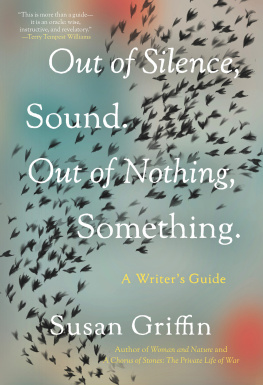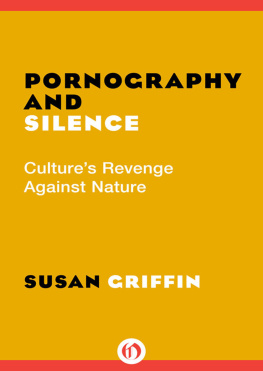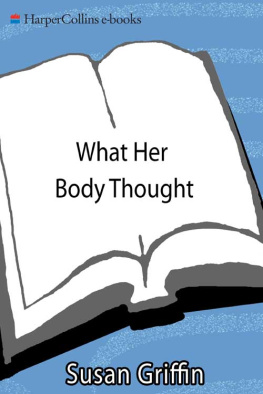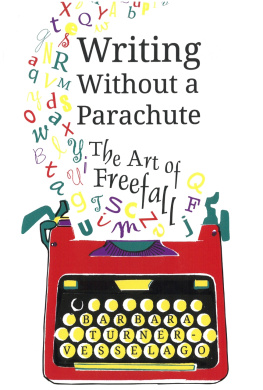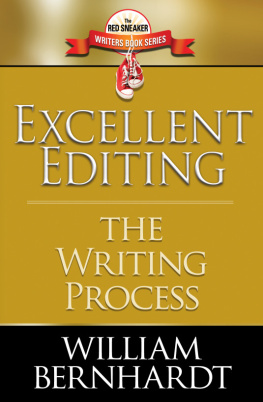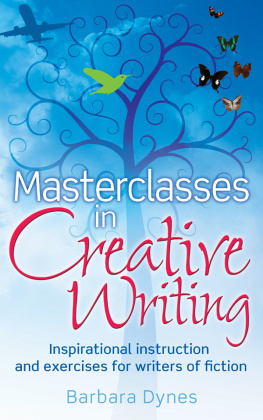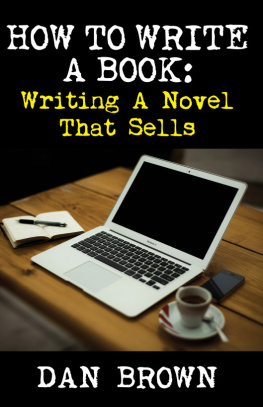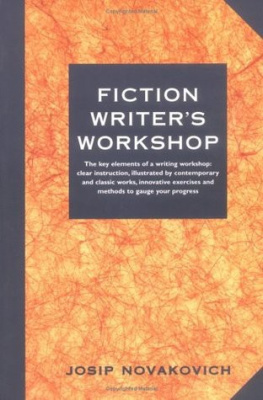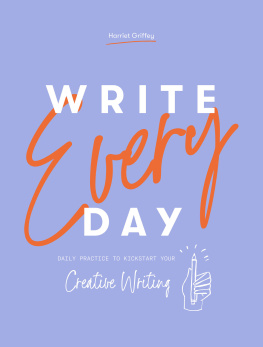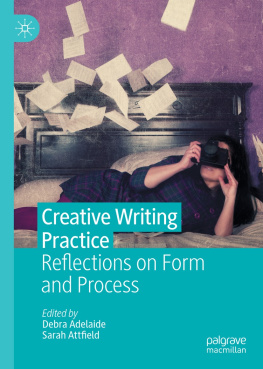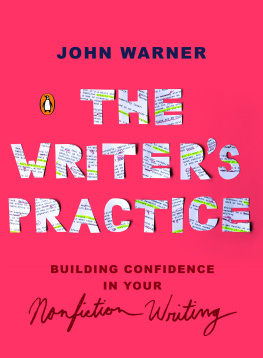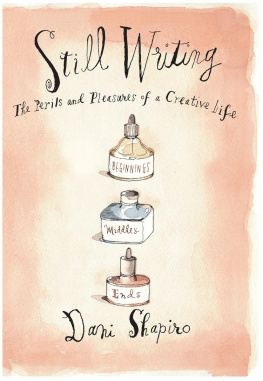Table of Contents
Guide
Page List
Let me first thank my many teachers, including Josephine Miles, Tillie Olsen, and the late, extraordinary Kay Boyle, and my many students, some of whom offered support of various kinds, recently Marian Burke, Rebecca Foust, Ann Foley, Olivia Sears, and Elizabeth Gould, who, along with Anthony Rio, very kindly, during the pandemic, brought me groceries and sometimes flowers. Justine Shapiro read early chapters and also brought groceries. I owe much gratitude to Elizabeth Rosner, who read a draft and offered her fine and perceptive editorial suggestions. Nina Wise read early drafts of several chapters and was encouraging and insightful, as was Cherilyn Parsons, Anita Barrows, Nancy Shelby, and Deborah Dallinger, who, along with her wife, Jodi Rose, also did some shopping for me.
I want to thank Jack Shoemaker for early comments, my editor Jennifer Alton for her sparing but very useful suggestions, the fine production editor Laura Berry, and my supportive and empathetic agent, Andy Ross.
I would also like to take this occasion to thank all those members of my community who helped me survive in these times with their support both emotional and material. I am especially grateful to Susanna Dakin for her very kind generosity. And to Alice Walker for whose support and kindness I am very grateful. Thanks also for their generosity to Mary and Steve Swig, the late Bokara Legendre, Sylvia Brownrigg, Donna Brookman, Kaaren Kitchell, Leonard Pitt, Darren Aronofsky, Jim Hodges, John Harris, Deirdre English and Wayne Herkness, Arlie and Adam Hochschild, Marty Krasney, Jodie Evans, Donna Deitch and Terri Jentz, Kirsten Grimstad and Diana Gould for their steadfast kindness, David Shaddock, Mike Klein and Nancy Duff for their efforts in keeping me sheltered, old friends, Ken Cloke, Jeanne Varon, and Mike Miller, Lyn Hejinian and Poets in Need for their aid. Thanks to Lee Swenson and Vijaya Nagarajan for providing a platform for my support, Claire Greensfelder, Kathleen McLean, and Belvie Rooks for wise practical advice and abiding friendship. Let me also thank the artful and skillful Joan Miura who helped to prepare my archives for the Schlesinger Library at Radcliffe, Harvard. And to all those, too numerous to mention, who also contributed to my well-being in this period in countless ways, I am deeply grateful.
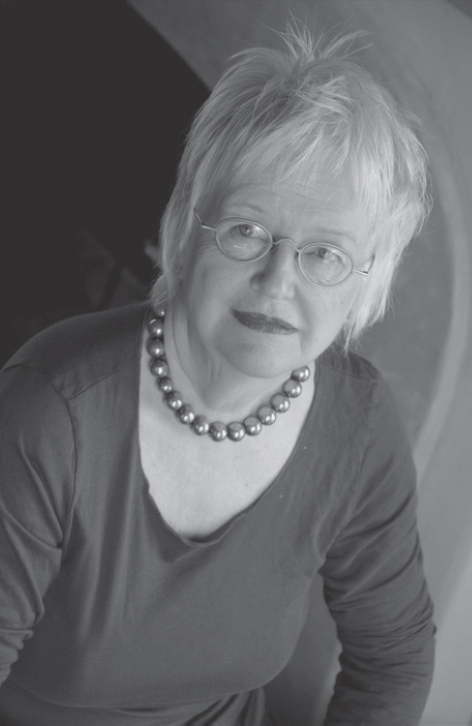
Irene Young
SUSAN GRIFFIN has written more than twenty-two books, including nonfiction, poetry, and plays. A Chorus of Stones: The Private Life of War was a finalist for the Pulitzer Prize and a New York Times Notable book. Woman and Nature, considered a classic of environmental writing, is credited for inspiring the ecofeminist movement. She and her work have been awarded a Guggenheim Fellowship, an Emmy, and the Fred Cody Award for Lifetime Achievement & Service, among other honors. She lives in the San Francisco Bay Area. Find out more at susangriffin.com.
Contents

Out of Silence, Sound.
Out of Nothing, Something.
Copyright 2023 by Susan Griffin
All rights reserved
First Counterpoint edition: 2023
Library of Congress Cataloging-in-Publication Data
Names: Griffin, Susan, author.
Title: Out of silence, sound. Out of nothing, something : a writers guide / Susan Griffin.
Description: First Counterpoint edition. | Berkeley, California : Counterpoint, 2023.
Identifiers: LCCN 2022023050 | ISBN 9781640094109 (trade paperback) | ISBN 9781640094116 (ebook)
Subjects: LCSH: AuthorshipTechnique. | Creative writing.
Classification: LCC PN145 .G75 2023 | DDC 808.02dc23/eng/20220727
LC record available at https://lccn.loc.gov/2022023050
Cover design and illustration by Dana Li
Book design by Laura Berry
COUNTERPOINT
2560 Ninth Street, Suite 318
Berkeley, CA 94710
www.counterpointpress.com
In memory of my adoptive parents, educator and artist
Geraldine and Morton Dimondstein,
who gave me more than I can ever say.
ALSO BY SUSAN GRIFFIN
Nonfiction
Woman and Nature
Rape
Pornography and Silence
Made from This Earth
A Chorus of Stones
The Eros of Everyday Life
What Her Body Thought
The Book of the Courtesans
Wrestling with the Angel of Democracy
Transforming Terror
Viola Frey: Women and Men
Poetry
Dear Sky
Let Them Be Said
Letter [1973]
Like the Iris of an Eye
Unremembered Country
Bending Home: Selected and New Poems, 1967-98
Plays
Voices
Not My Child
Thicket
Canto
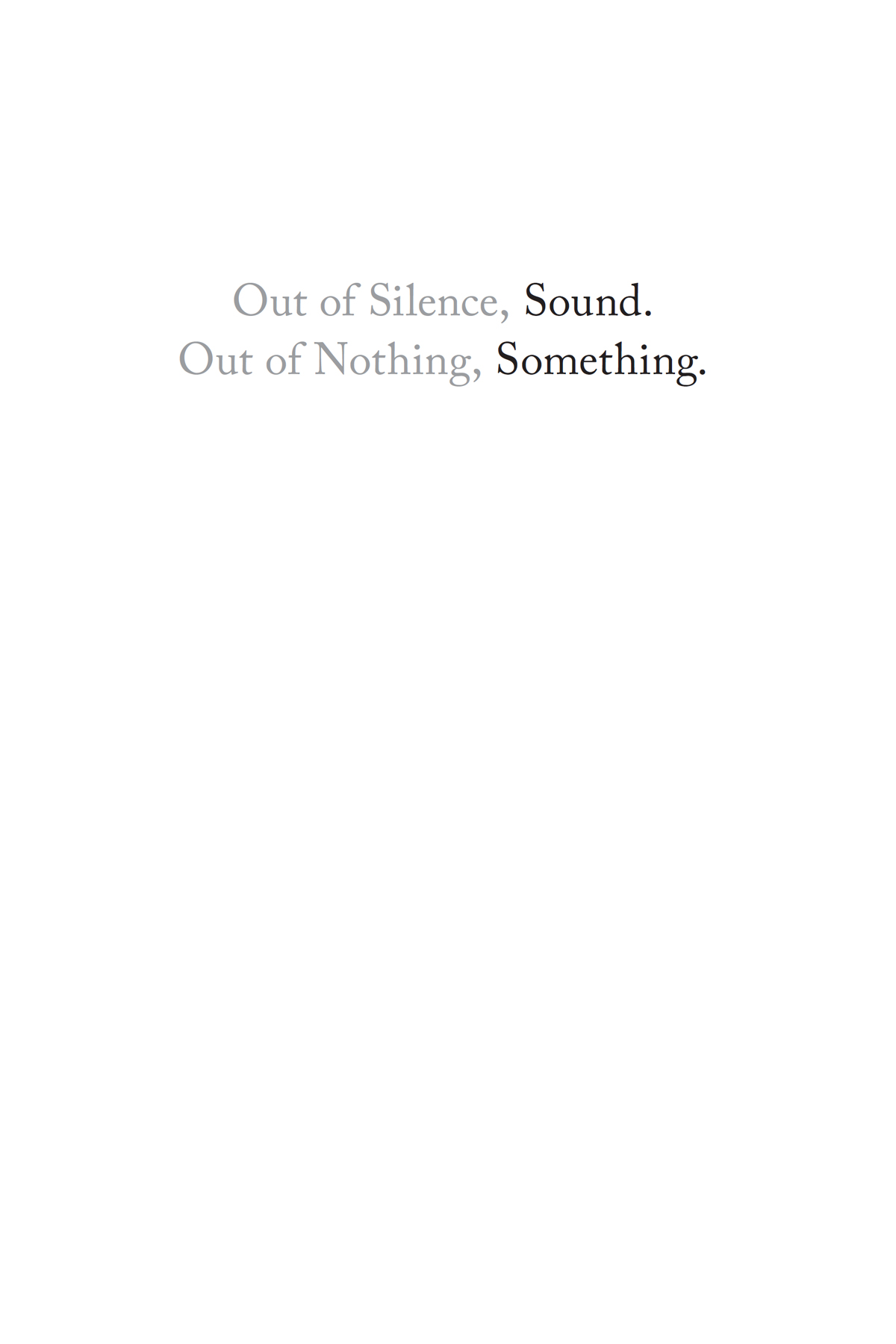

Heaven and earth begin in the unnamed: names the mother of the ten thousand things.
LAO TZU , The Tao Te Ching ( TRANS. URSULA K. LE GUIN )

I f there is a basic premise that lies underneath Out of Silence, Sound. Out of Nothing, Something, it is the notion that human beings are all creative. I am not alone in the belief that creativity is a birthright belonging to us all. And its not only human beings who are innately creative. We live in a creative universe.
Think of it: conception, birth, mutation, transformation occur so frequently all around us that we often take creation for granted. As over millennia young squirrels or blue jays or rose buds or plum blossoms appear each spring, as new species of beetles or turtles or viruses materialize, as a lush green landscape gradually morphs into a spare brown expanse before our eyes, or clouds appear to render rain or slowly dissolve, turning red as the sun goes down, everything we see participates in an endless round of change that is ultimately, in all its manifestations, including evolution and climate change, creative.
Yet no matter how frequent and familiar this phenomenon may be, it has often been said that creativity, especially creative writing, cannot really be taught. I do not agree. It is true, though, that besides a variety of wonderful books on how to write, there are also ineffective approaches, ways of teaching often adopted by those who, while admiring literature, do not write themselves. Lacking any direct experience, such well-meaning instructors rely too often on a thicket of methods more appropriate to the corporate world or military training than to generating literature.
This book is meant to guide readers through the process of writing. It takes a kind and gentle approach, one which I have adopted over five decades of teaching writers and those who wish to write. Based on an abiding faith in human ingenuity, each chapter is meant to help the reader through the many stages required to create a work of literature, be it fiction or nonfiction, prose or poetry.

